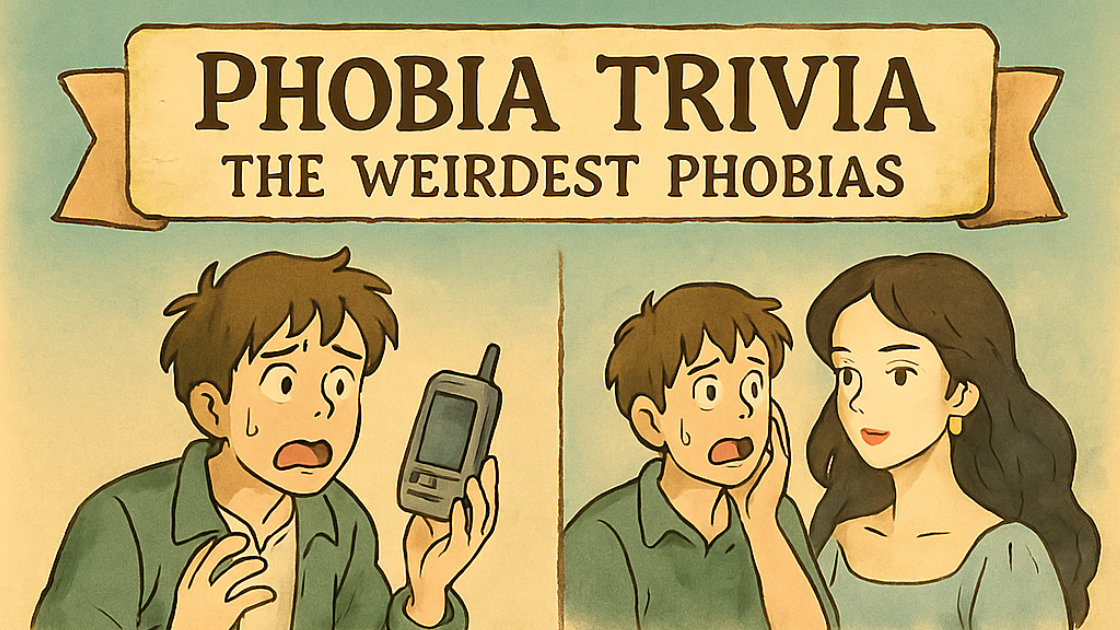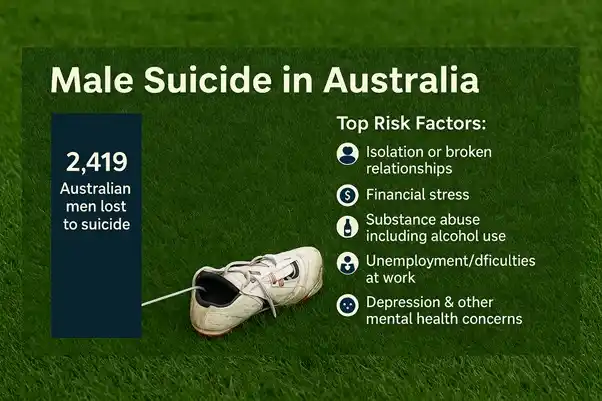Holiday breaks in counselling and psychotherapy
Easter and Passover are around the corner. While families across the world are making plans for reunions and celebrations to honour these important cultural events, for those in therapy it can also involve taking a break from sessions.
Therapy holidays are often very difficult to manage and provoke all sorts of issues concerning attachment, abandonment, dependency, shame, loneliness and isolation. Many people who attend therapy experience interpersonal difficulties with their family, or have very little family at all.
These experiences are more likely for individuals who missed out on what Winnicott called “good enough” mothering or parenting. When there is a history of chronic misattunement, emotional or physical abandonment, abuse or trauma, individuals often develop a “false self” that emerges as a way to cope with growing up in an emotionally unsafe environment. This false self helps to keep intensive fears and emotions at bay to preserve relationships with others necessary for survival. However as we move into adulthood, the false self tends to constrain our ability to relate in a healthy and fulfilling way both with ourselves and with others.
Holiday breaks in therapy are literal and metaphorical representations of separation. Individuals operating from the false self typically handle separations from important figures in three ways: clinging, distancing and indifference.
Those who cling have enormous difficulties with separation, as they are often perceived as a permanent abandonment and evoke considerable terror, anxiety and shame. They can feel under siege internally and struggle to find a safe emotional haven within themselves.
Those who distance disown feelings of needing closeness to attachment figures. They present outwardly as stoic and independent and often view neediness, closeness and vulnerability with contempt. These individuals have often split off their awareness of their own vulnerable and needy self. Internally they tend to live behind a well guarded inner fortress that keeps at bay painful memories of early traumatic relational experience with their parents.
Those with indifference have often been taught that they are not allowed to have needs or make requests. They are often highly passive and over compliant with an excessive focus on the needs of others. They secretly hope that if they meet their attachment figures needs and do not ask for their own needs to be met that the attachment figure will notice them and fulfil some of their needs. They often view separations as a consequence of being worthless and imperfect, under which intensive rage and sadness may reside.
While separations can be very difficult to bear, they are an important part of the therapy journey. Through taking a holiday, therapists are actively demonstrating what healthy self care looks like and how to draw boundaries to protect and respect oneself. Therapists are human and need time off work to attend to their own needs so they can keep helping their patients to heal.
Gradually over time the holidays do get easier to bear. It is very important to your healing and journey that positive and negative feelings associated with holidays are discussed with your therapist as they often reflect core individual problems, and when discussed, acknowledged and understood, they lose some of their intensity making your life easier and happier.
Wishing you all a safe and happy Passover and Easter for 2013
Here are a couple of blogs written on this topic you might find useful:
What Are Australians Most Afraid Of? N...
From snakes and spiders to needles and ghosts, fear takes many forms. But what do Australians fear most in 2025? At Bayside Psychotherapy, our expert.
Is It Time For The AFL To Cast A Menta...
At Bayside Psychotherapy we are passionate about mental health and like many fellow Melbournians, many on our team are avid AFL fans. So when two of our.
Exploring Emerging Therapies: Understa...
At Mind Medicine Australia, we are dedicated to transforming the trea.
The Balance of Power in Romantic Relat...
Why do some relationships thrive while others feel like a constant tug-of-war? Power dynamics lie at the heart of this balance.











